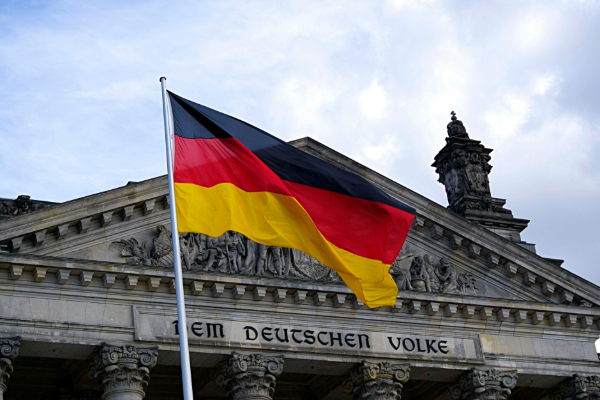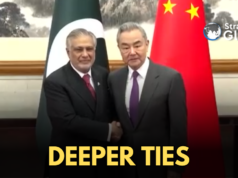Germany’s coalition parties are working together to stitch a measure to revive the economy out of a slump. The measures include around $7.6 billion package to lift Europe’s largest economy, Bloomberg reported.
The package is likely to reduce the tax burden on companies and the overall value may change in days to come.
Chancellor Olaf Scholz wants this package to help reduce tax burden on companies.
Europe’s biggest economy Germany has been on a downward spiral since 2017, mainly fuelled by the energy crisis caused by the ongoing Ukraine-Russia war. This has led to an additional burden to the economy, leading to extra costs in form of higher wages.
The German government last month reduced its growth forecast for this year to just 0.2% , a drastic cut from 1.3% predicted a few months earlier. The IMF has said that the German economy was the only one which shrank in 2023.
The new package is also seen by many as a means to help reverse slumping support for Scholz’s three-party ruling alliance of his Social Democrats, the Greens and the Free Democrats.
Over the years, Germany, like other industrialised countries, is facing a severe labour shortage in skilled high-growth sectors. By 2035, official estimates suggest Germany’s ageing society to be short of 7 million workers.
In order to meet the challenges, the government wants to bring in workers from countries outside the EU. This may take a few years to materialise as the government is facing a big backlog of existing citizenship applications.
Red tape and lack of investment is also a major issue that the German government faces.
Though it is not all gloom and doom, inflation rates are coming down, unemployment remains low and energy costs remain at a manageable level. Economists expect the economy to gradually recover this year. Recently, Germany overtook Japan to become the third-largest economy in the world.
In a career spanning three decades and counting, Ramananda (Ram to his friends) has been the foreign editor of The Telegraph, Outlook Magazine and the New Indian Express. He helped set up rediff.com’s editorial operations in San Jose and New York, helmed sify.com, and was the founder editor of India.com.
His work has featured in national and international publications like the Al Jazeera Centre for Studies, Global Times and Ashahi Shimbun. But his one constant over all these years, he says, has been the attempt to understand rising India’s place in the world.
He can rustle up a mean salad, his oil-less pepper chicken is to die for, and all it takes is some beer and rhythm and blues to rock his soul.
Talk to him about foreign and strategic affairs, media, South Asia, China, and of course India.





